C++ IDEs
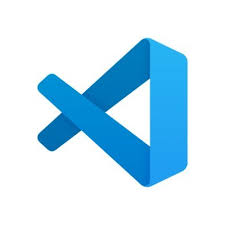
Recommended videos
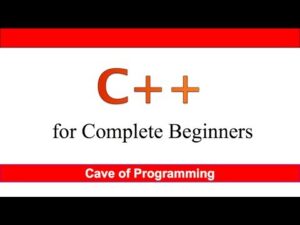
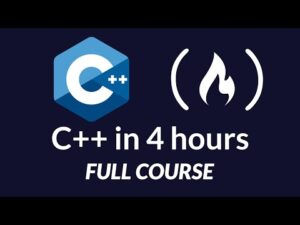
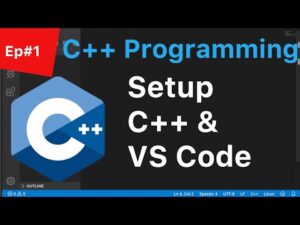
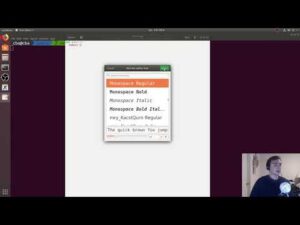
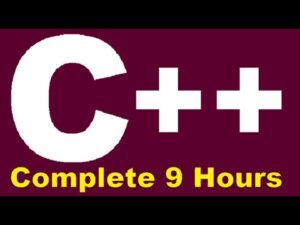
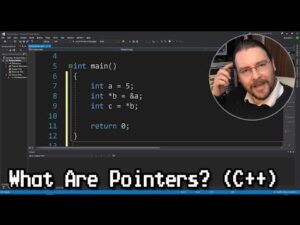
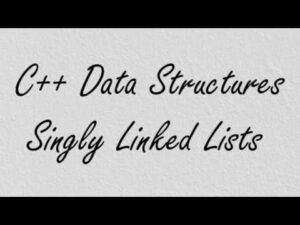

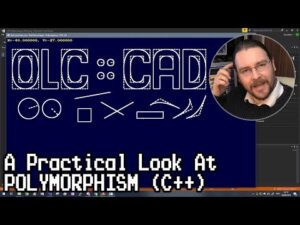
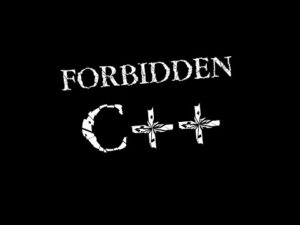
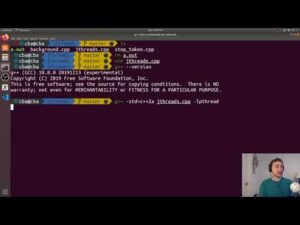
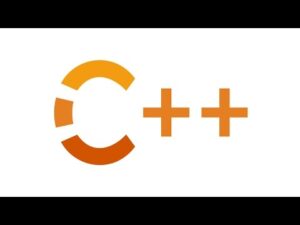
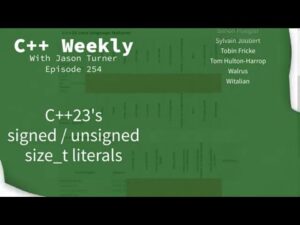
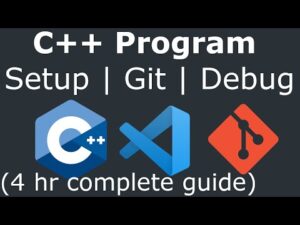
Recommended books
The definitive book on C++ by the creator of C++, The C++ Programming Language teaches one of the most widely-used, general-purpose programming languages. At an advanced pace this book teaches how to work with compilers updated for the new standard. Students heading toward domains where mid-size to large applications are being developed – networking, finance, graphics, and games – will find this book an excellent learning tool.
Coming to grips with C++11 and C++14 is more than a matter of familiarizing yourself with the features they introduce (e.g., autotype declarations, move semantics, lambda expressions, and concurrency support). The challenge is learning to use those features effectively—so that your software is correct, efficient, maintainable, and portable. That’s where this practical book comes in. It describes how to write truly great software using C++11 and C++14—i.e. using modern C++.
Topics include:
- The pros and cons of braced initialization, noexcept specifications, perfect forwarding, and smart pointer make functions
- The relationships among std::move, std::forward, rvalue references, and universal references
- Techniques for writing clear, correct, effective lambda expressions
- How std::atomic differs from volatile, how each should be used, and how they relate to C++’s concurrency API
- How best practices in “old” C++ programming (i.e., C++98) require revision for software development in modern C++
link: https://www.oreilly.com/library/view/effective-modern-c/9781491908419/
C++ is a highly portable language and can be used to write both large-scale applications and performance-critical code. It has evolved over the last few years to become a modern and expressive language. This book will guide you through optimizing the performance of your C++ apps by allowing them to run faster and consume fewer resources on the device they’re running on without compromising the readability of your code base.
The book begins by helping you measure and identify bottlenecks in a C++ code base. It then moves on by teaching you how to use modern C++ constructs and techniques. You’ll see how this affects the way you write code. Next, you’ll see the importance of data structure optimization and memory management, and how it can be used efficiently with respect to CPU caches. After that, you’ll see how STL algorithm and composable Range V3 should be used to both achieve faster execution and more readable code, followed by how to use STL containers and how to write your own specialized iterators.
Moving on, you’ll get hands-on experience in making use of modern C++ metaprogramming and reflection to reduce boilerplate code as well as in working with proxy objects to perform optimizations under the hood. After that, you’ll learn concurrent programming and understand lock-free data structures. The book ends with an overview of parallel algorithms using STL execution policies, Boost Compute, and OpenCL to utilize both the CPU and the GPU.
Link: https://www.packtpub.com/product/c-high-performance/9781787120952
